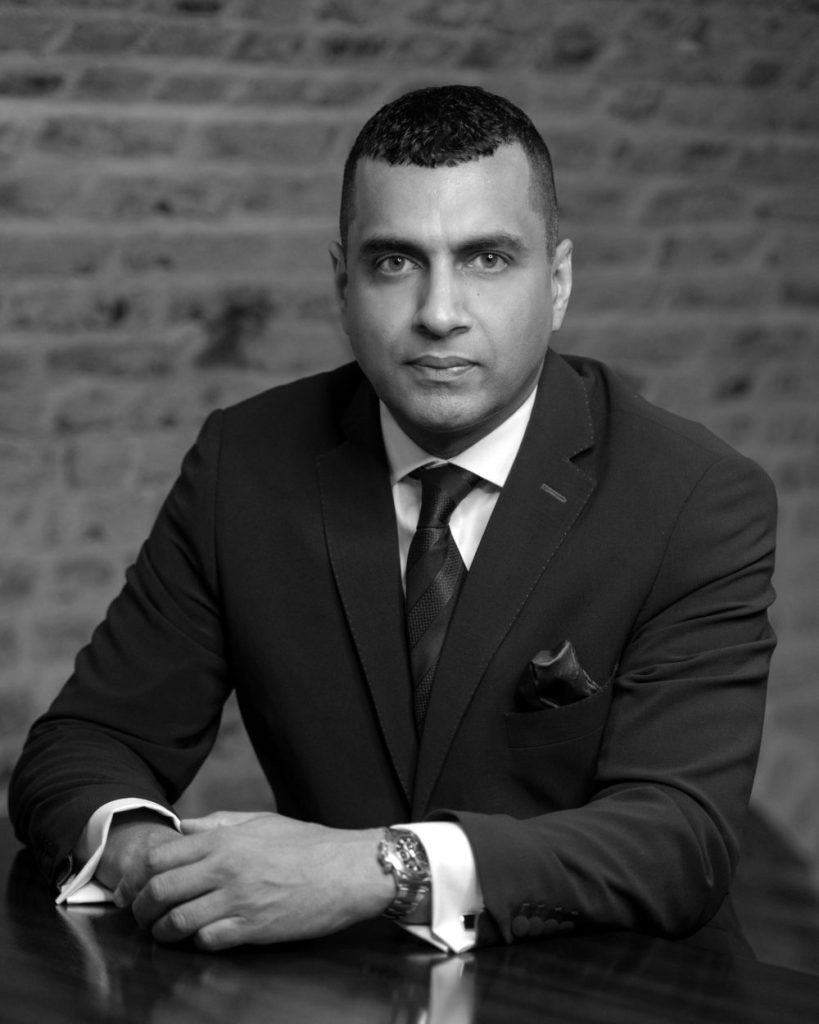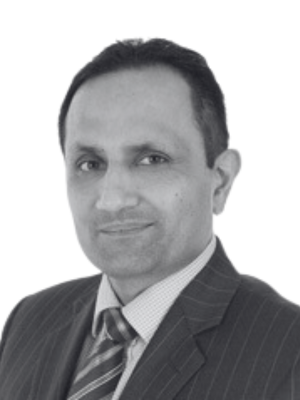Money Laundering Threshold Increases
By virtue of The Proceeds of Crime (Money Laundering) (Threshold Amount) Order 2022 the threshold amount specified in section 339A of the Proceeds of Crime Act 2002 (‘POCA’) increased from £250 to £1000 on 5 January 2023.
The threshold amount is the value of criminal property below which a bank or similar firm (a deposit-taking body, electronic money or payment institution) can carry out a transaction, in operating an account on behalf of a customer without the fear of falling foul of the main offences involving money laundering set out by POCA.
The change follows an impact assessment conducted in connection with the Economic Corporate and Transparency Bill 2022 and is considered necessary to take account of the increasing cost of living and to utilise resources more effectively in the pursuit of serious money laundering offences.
Amandeep Murria of Kangs Solicitors highlights the relevant law.
Why Choose Kangs Solicitors? | Our Experience and Credentials
Kangs Solicitors has been successfully defending clients charged with alleged financial misconduct since it was established in 1997.
We are rated as one of the best criminal law firms in the country and we are top ranked in both the leading legal directories, The Legal 500 and Chambers and Partners.
Kangs Solicitors won the Legal 500 award for ‘Criminal & Fraud Law Firm of the Year’.
The firm’s founding solicitor Hamraj Kang won the Legal 500 award for ‘Individual Criminal & Fraud Solicitor of the Year’.
We are here to assist clients with any financial criminal investigation or prosecution whether it is being conducted by the police or another investigating authority.
For an initial no obligation discussion, please contact our team at any of the offices detailed
below:
London
Birmingham
Manchester
24 Hours number
The Relevant Law | Kangs POCA Solicitors
POCA states:
Section 327
‘Concealing etc
‘(1) A person commits an offence if he—
(a) conceals criminal property;
(b) disguises criminal property;
(c) converts criminal property;
(d) transfers criminal property;
(e) removes criminal property from England and Wales or from Scotland or from Northern Ireland.
(2) But a person does not commit such an offence if—
(a) he makes an authorised disclosure under section 338 and (if the disclosure is made before he does the act mentioned in subsection (1)) he has the appropriate consent;
(b) he intended to make such a disclosure but had a reasonable excuse for not doing so;
(c) the act he does is done in carrying out a function he has relating to the enforcement of any provision of this Act or of any other enactment relating to criminal conduct or benefit from criminal conduct.’
Section 328 Arrangements
(1) A person commits an offence if he enters into or becomes concerned in an arrangement which he knows or suspects facilitates (by whatever means) the acquisition, retention, use or control of criminal property by or on behalf of another person.
(2) But a person does not commit such an offence if—
(a) he makes an authorised disclosure under section 338 and (if the disclosure is made before he does the act mentioned in subsection (1)) he has the appropriate consent;
(b) he intended to make such a disclosure but had a reasonable excuse for not doing so;
(c) the act he does is done in carrying out a function he has relating to the enforcement of any provision of this Act or of any other enactment relating to criminal conduct or benefit from criminal conduct. ’
Section 329 Acquisition, use and possession
‘(1) A person commits an offence if he—
(a) acquires criminal property;
(b) uses criminal property;
(c) has possession of criminal property.
(2) But a person does not commit such an offence if—
(a) he makes an authorised disclosure under section 338 and (if the disclosure is made before he does the act mentioned in subsection (1)) he has the appropriate consent;
(b) he intended to make such a disclosure but had a reasonable excuse for not doing so;
(c) he acquired or used or had possession of the property for adequate consideration;
(d) the act he does is done in carrying out a function he has relating to the enforcement of any provision of this Act or of any other enactment relating to criminal conduct or benefit from criminal conduct.’
Penalties Upon Conviction | Kangs Serious Fraud Defence Solicitors
Prosecutions for offences under Sections 327, 328 and 329 of POCA may be conducted either in a Magistrates’ Court or a Crown Court.
Conviction may result in the following penalties:
Before:
- a Magistrates’ Court:
a maximum sentence of six months imprisonment, a fine to the statutory maximum, or both.
- a Crown Court:
a fine, imprisonment for a period ranging between two and thirteen years or both.
How Can We Help? | Kangs Fraud Offences Defence Solicitors
If you are concerned about any aspects of financial crime, including money laundering, it is advisable to seek immediate expert advice.
The Team at Kangs Solicitors on a daily basis:
- advises clients who anticipate that they may be arrested,
- advises clients generally in all matters concerning alleged money laundering criminal activity,
- represents clients at interviews under caution conducted by any of the law enforcement agencies,
- discusses with law enforcement agencies whether or not there is any potential mitigation available to avoid prosecution or court trial,
- provides clients with representation before criminal courts at every level,
- identifies and instructs appropriate leading barristers, including KCs to represent clients.
Who Can I Contact For Help? | Kangs National Criminal Defence Solicitors
Our expert criminal defence team is here to assist you and is available 24/7 on telephone number 07989 521 210.
Hamraj Kang leads the award-winning team of lawyers nationally recognised for its excellence and expertise in the area of financial misconduct defence work.
If we can be of assistance, our Team is available via telephone 0333 370 4333 and by email info@kangssolicitors.co.uk.
We provide initial no obligation discussion at our three offices in London, Birmingham and Manchester.
Alternatively, discussions can be held virtually through live conferencing or telephone.
Contact:




